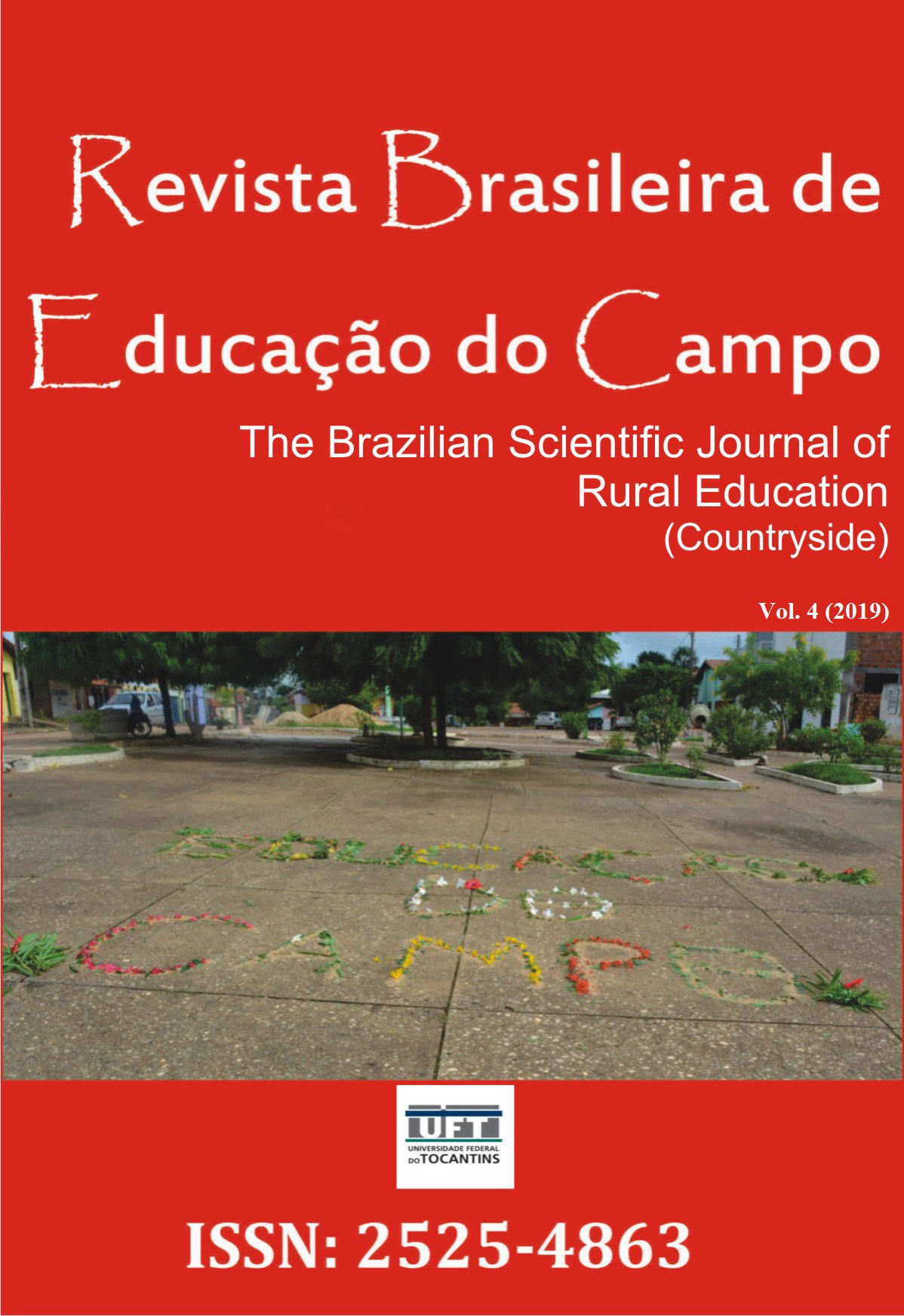Conceptions of students of a school of the countryside on technology
DOI:
https://doi.org/10.20873/uft.rbec.v4e3297Abstract
ABSTRACT. This work is the result of a research developed in the Specialization in Educational Practices at the Federal University of Pampa - Campus Dom Pedrito. Its purpose was to analyze the conception of the students of a rural school in relation to the technology, as well as to verify questions related to the access and the use. It is a qualitative and explicative field research, developed with 23 students from 7th and 8th years of a nucleated public school, located in a municipality of Rio Grande do Sul. The investigative instruments were: questionnaire and drawings. By the analysis of the questionnaires it was verified that the most used technologies are: radio, television and cellular phone. Most of the students have access to the internet through the cell phone, using it to access social networks. Based on the drawings, it was verified that the technology for the referred students, relates to equipments that facilitate the daily life, such as: tractors, pulverizadores and machinery of irrigation. It is concluded that technology should be one of the discussions of the political pedagogical project of each school, involving all the authors and based on the conception of education of the countryside as social practice.
Downloads
Published
How to Cite
Issue
Section
License
Proposal for Copyright Notice Creative Commons
1. Policy Proposal to Open Access Journals
Authors who publish with this journal agree to the following terms:
A. Authors retain copyright and grant the journal right of first publication with the work simultaneously licensed under the Creative Commons Attribution License that allows sharing the work with recognition of its initial publication in this journal.
B. Authors are able to take on additional contracts separately, non-exclusive distribution of the version of the paper published in this journal (ex .: publish in institutional repository or as a book), with an acknowledgment of its initial publication in this journal.
C. Authors are permitted and encouraged to post their work online (eg .: in institutional repositories or on their website) at any point before or during the editorial process, as it can lead to productive exchanges, as well as increase the impact and the citation of published work (See the Effect of Open Access).















